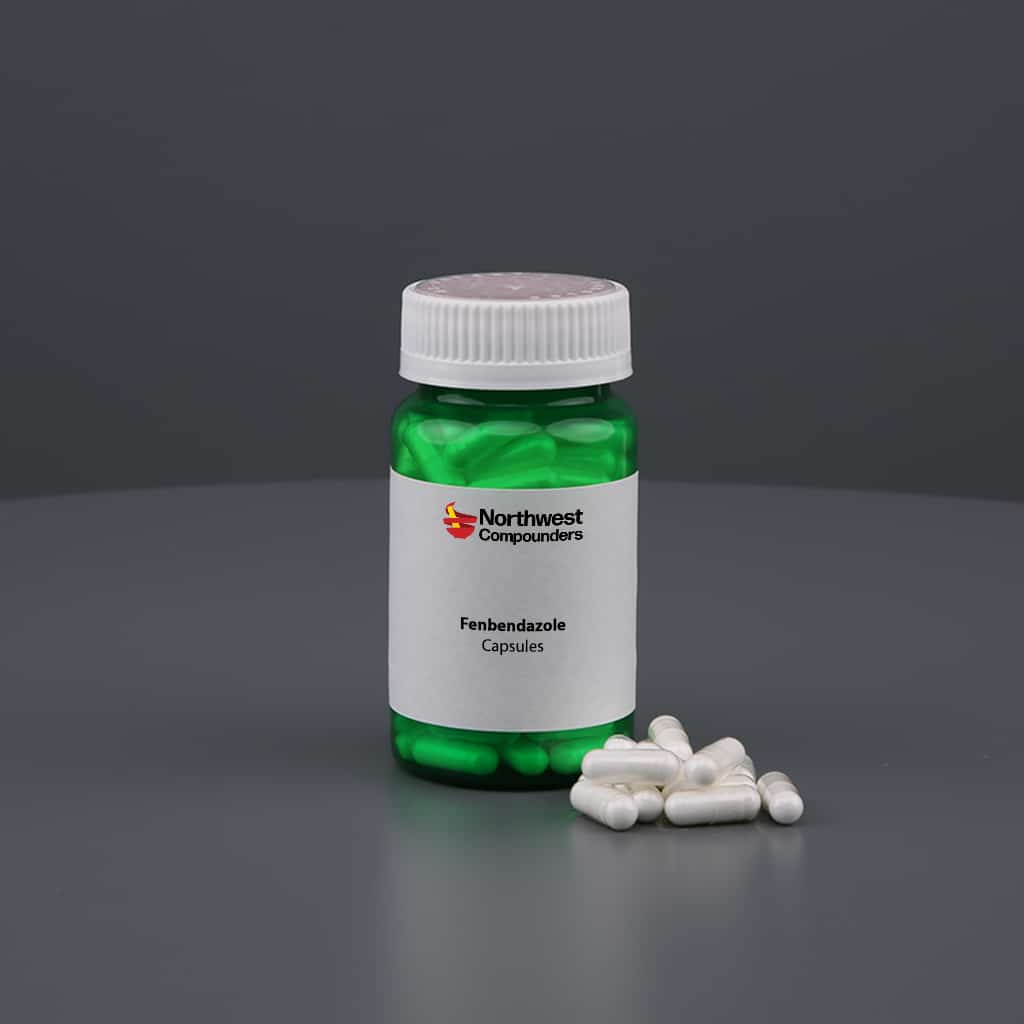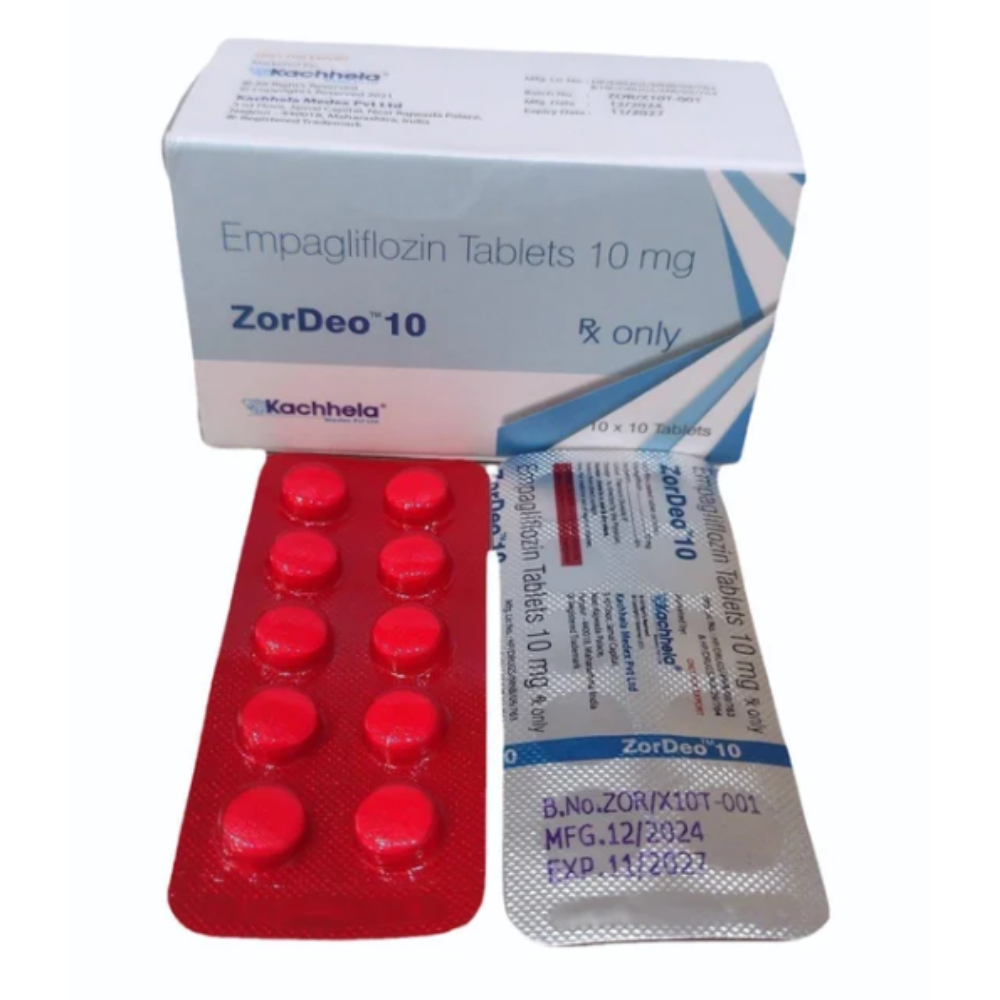fenbendazole capsules: Emerging Studies and New Uses
Wiki Article
Exploring the Mechanisms Behind Fenbendazole and Its Impact on Animal Wellness
Fenbendazole is an extensively made use of anthelmintic recognized for its effectiveness against various parasites. Its key device includes the restraint of microtubule formation, which interferes with crucial processes in these pathogens. Past its antiparasitic residential properties, fenbendazole also shows up to enhance immune actions and has anti-inflammatory advantages. Understanding these complex effects could expose brand-new applications for animal health and wellness. However, questions continue to be concerning its complete potential and security account.The Pharmacokinetics of Fenbendazole
The pharmacokinetics of fenbendazole, a commonly made use of anthelmintic in veterinary medicine, entails the research study of its absorption, distribution, metabolic rate, and excretion within animal systems. After administration, fenbendazole is rapidly soaked up from the gastrointestinal tract, with peak plasma concentrations taking place within hours. Its distribution is affected by factors such as cells binding and lipid solubility, permitting it to penetrate various cells effectively. The medication undertakes extensive metabolic process largely in the liver, where it is transformed into active and inactive metabolites. These metabolites contribute in the medicine's general efficiency and security profile. Discharging occurs mainly via feces, with a smaller sized proportion eliminated through urine. The half-life of fenbendazole varies amongst types, which impacts application programs. Comprehending these pharmacokinetic residential or commercial properties is necessary for enhancing its therapeutic usage and making sure efficient parasite control in veterinary techniques.Devices of Activity Against Parasites
Fenbendazole exerts its antiparasitic results primarily via the restraint of microtubule development in parasites. This disturbance influences their architectural stability and cellular features, resulting in impaired power metabolic rate. Consequently, the drug properly compromises the survival and recreation of various parasitic microorganisms.Inhibition of Microtubule Development
Restraint of microtubule formation represents an essential device where specific anthelmintic representatives, including fenbendazole, exert their effects on bloodsuckers. Fenbendazole binds to tubulin, a healthy protein that forms microtubules, disrupting the polymerization procedure needed for microtubule assembly. This disruption hinders vital mobile features, including mitosis, intracellular transport, and architectural stability. As microtubules play a vital role in preserving the shape and function of parasitic cells, their inhibition results in cell cycle arrest and eventual death of the parasite. This system is particularly effective against nematodes, as their reliance on microtubules for movement and nutrient absorption makes them prone to fenbendazole. Subsequently, the inhibition of microtubule formation is a vital aspect of fenbendazole's restorative efficiency in vet medication.Disturbance of Basal Metabolism
Interfering with energy metabolism is an additional essential mechanism by which fenbendazole targets parasitic microorganisms. This anthelmintic modifies the power manufacturing pathways within parasites, largely impacting their ability to create adenosine triphosphate (ATP) By inhibiting glucose uptake and disrupting mitochondrial function, fenbendazole limitations the energy sources vital for the survival and recreation of these organisms. Consequently, parasites come to be progressively at risk to environmental stresses and immune feedbacks. In addition, the disturbance in basal metabolism not just influences the bloodsuckers straight yet additionally decreases their capacity to take in nutrients, additionally harming their development. Overall, the disturbance of energy metabolic process represents an essential facet of fenbendazole's effectiveness versus different parasitical infections, adding significantly to improved pet health and wellness end resultsPossible Negative Effects and Safety Account
The potential side effects and safety and security profile of fenbendazole warrant careful consideration, specifically in veterinary applications. While usually considered secure, some animals might experience adverse reactions, consisting of intestinal disruptions such as vomiting and looseness of the bowels. Additionally, neurological symptoms, although rare, have been reported in sensitive individuals, highlighting the need for surveillance during treatment.
Fenbendazole's safety and security in different varieties, consisting of canines and cats, has actually been recorded, however dosage and period of treatment have to be carefully taken care of to lessen risks. Expectant or lactating animals may additionally call for unique interest, as the results on establishing unborn children or nursing children are not fully recognized.
Normal veterinary assessments can aid mitigate prospective adverse effects and assure the drug is provided appropriately. Consequently, while fenbendazole is an efficient anthelmintic agent, watchfulness concerning its side effects is necessary for preserving pet health and wellness.

Fenbendazole's Impact on Immune Function
Fenbendazole has been kept in mind for its prospective to modulate immune system reactions in animals. Its anti-inflammatory properties may add to enhanced immune feature, offering a dual benefit in managing wellness visit site (fenbendazole). Comprehending these effects is essential for examining fenbendazole's role in veterinary medicationBody Immune System Inflection

Anti-inflammatory Qualities
Anti-inflammatory impacts represent a considerable aspect of fenbendazole's influence on immune function. Research study shows that fenbendazole might minimize the manufacturing of pro-inflammatory cytokines, which are pivotal in mediating inflammatory reactions. By modulating these cytokines, fenbendazole can potentially minimize inflammation-related conditions in pets. This anti-inflammatory action not only aids in taking care of signs connected with numerous diseases yet also improves overall immune system efficiency. Additionally, its capability to promote a well balanced immune feedback aids avoid too much inflammatory damage, which can bring about chronic wellness problems. Fenbendazole's duty in swelling monitoring underscores its relevance in veterinary medicine, offering a double advantage of antiparasitic activity and immune system support for pet health and wellness.Applications Past Conventional Parasitical Infections
While primarily identified for its performance against various parasitical infections, fenbendazole has actually amassed interest for potential applications past this traditional extent. Current researches recommend that fenbendazole may have useful effects on mobile wellness and immune reaction, making it a fascinating candidate for managing other wellness problems in pets. Its reported anti-inflammatory buildings may provide alleviation for animals enduring from chronic inflammatory diseases. In addition, some research indicates that fenbendazole might contribute in sustaining the general Click Here health of pets by enhancing nutrient absorption and intestinal health. Its prospective as a complement treatment in cancer therapy has stimulated rate of interest, as initial searchings for suggest it might inhibit tumor cell growth in certain contexts. These varied applications highlight fenbendazole's versatility, encouraging additional exploration into its complex benefits for pet health past its conventional usage as a deworming representative.Future Study Instructions and Implications for Animal Health
The exploration of fenbendazole's prospective applications has opened brand-new methods for study targeted at boosting animal health and wellness. Future studies could concentrate on its performance versus a broader variety of virus, consisting of microorganisms and viruses, thus broadening its role in vet medicine. The ramifications of fenbendazole's devices, such as its effect on immune inflection, warrant even more examination to understand how it can strengthen overall wellness in different species.Furthermore, research study may check out optimal dosages and formulas to take full advantage of efficacy while reducing prospective side results. Investigating fenbendazole's synergistic results with various other drugs can bring about much more reliable therapy methods. Longitudinal research studies evaluating lasting outcomes in pets treated with fenbendazole might provide important insights into its safety and security and performance. On the whole, the ongoing expedition of fenbendazole supplies appealing potential to improve pet health, necessitating a collective method among scientists, veterinarians, and pharmaceutical designers to assist in innovations around.
Frequently Asked Inquiries
Can Fenbendazole Be Made Use Of in Livestock for Bloodsucker Avoidance?
The question of whether fenbendazole can go to this website be made use of in livestock for parasite avoidance is pertinent, as producers look for efficient therapies (fenbendazole). Study suggests it may give advantages, however correct guidelines and veterinary advice are essential for secure usageWhat Is the Advised Dosage of Fenbendazole for Various Pets?

Exist Any Type Of Understood Drug Interactions With Fenbendazole?
Present knowledge shows that fenbendazole might connect with certain medicines, potentially affecting their effectiveness or metabolism. Vet professionals suggest talking to a vet to assess individual pet situations and figure out any feasible communications prior to management.How Does Fenbendazole Compare to Other Antiparasitic Medications?
Fenbendazole is typically compared to various other antiparasitic medications based upon efficiency, spectrum of task, and safety accounts. It is preferred for its effectiveness against a broad array of bloodsuckers while typically exhibiting marginal side results in pets.Is Fenbendazole Effective Against Viral or Microbial Infections in Animals?
The performance of fenbendazole against viral or bacterial infections in pets remains unproven. Study mostly concentrates on its antiparasitic homes, with limited proof sustaining any type of duty in dealing with non-parasitic infections in vet medicine.Report this wiki page